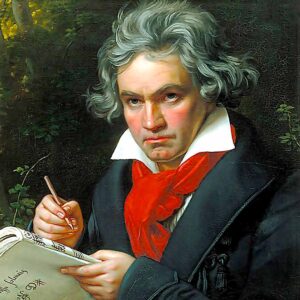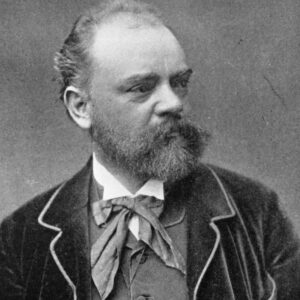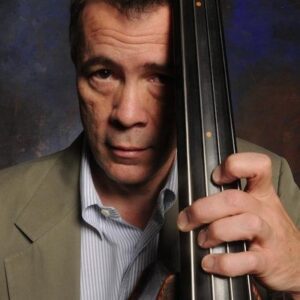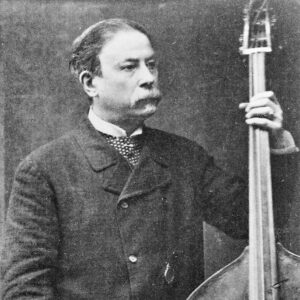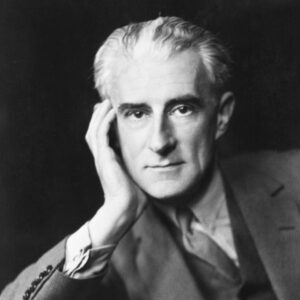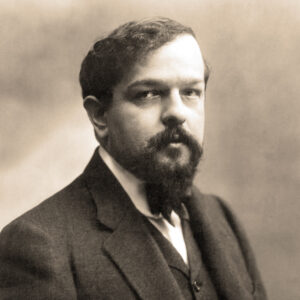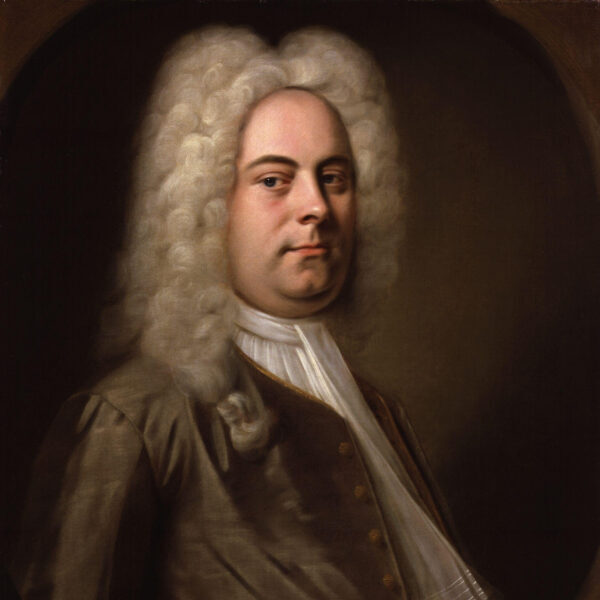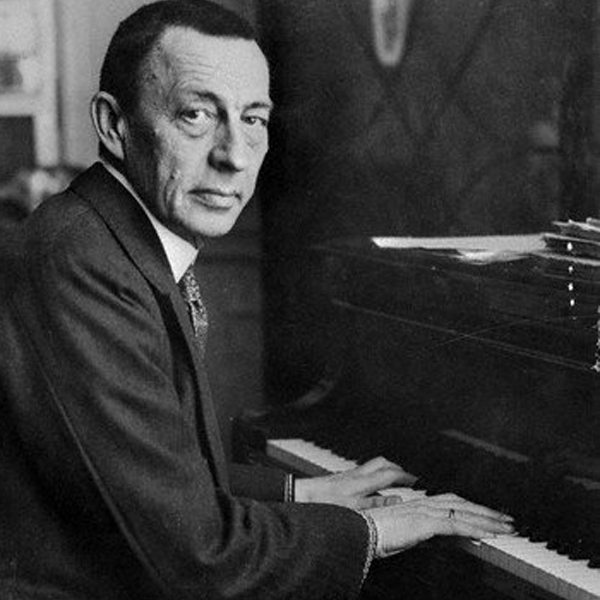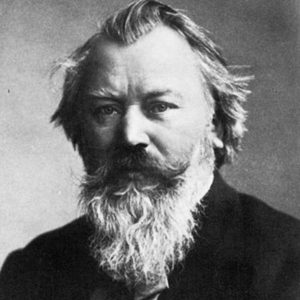The concerts will take place on Sunday, October 13 at 3 p.m. and Tuesday, October 15 at 7:30 p.m. at the Stevens Center of the University of North Carolina School of the Arts at 405 W. Fourth Street. Tickets range from $15 – $62 and are available in advance by calling the Symphony Box Office at 336-464-0145 or online. A Music Lovers’ Luncheon, a fun and informative pre-concert lunch with Maestro Moody and composer Brett Dietz, will take place Friday, October 11, 2013 at noon at The Piedmont Club at 200 West 2nd Street in downtown Winston-Salem. Reservations are required for the Music Lovers’ Luncheon and can be made by calling 336.724.7077.
Mozart’s Eine kleine Nachtmusik (A Little Night Music) is a delightful serenade, with an opening theme that is recognizable to almost everyone. Mozart, a true musical genius, wrote masterworks for just about every musical genre prevalent in his era, and did not shy away from writing music for parties. Perhaps one of his best known works, Eine kleine Nachtmusik, was written for a party or other similar occasion in 1787. It has been a favorite of audiences ever since.
Kurt Weill’s memorable Dreigroschenoper (The Threepenny Opera): Suite was first performed in 1928 in Berlin. A modern parable written during the Weimar Republic, The Threepenny Opera was translated and performed throughout Europe, England and the United States. To create The Threepenny Opera, Berthold Brecht and Weill drew from The Beggar’s Opera, first produced in 1728, which broke with operatic tradition because it was written in English and featured thieves, prostitutes and lower class characters. Brecht and Weill wrote original music and created some unforgettable characters including Mackie Messer, or Mack the Knife. The score is known by many, but one song, the “Ballad of Mack the Knife,” is perhaps the most popular and has been performed by many singers including Louis Armstrong, Frank Sinatra, Ella Fitzgerald and many others.
“Behind the Genius” ends with a unique piece, Headcase, written by Brett William Dietz. Dietz, Associate Professor of Percussion at the Louisiana State University School of Music, is a composer whose music has been performed throughout the United States, Europe, East Asia and Australia. His opera Headcase, which premiered in 2006, depicts the story of a stroke he suffered in 2002. In the words of the Pittsburgh Tribune Review, Headcase is “haunting and powerful—a remarkably sophisticated score that blends words, music and visual displays to touch the heart and mind.”
The libretto comes from Dietz’s journal. Initially, doctors had little hope of a full recovery; luckily he regained most of his normal functions over time. During the recovery process, Dietz says he “experienced many things such as dyslexia, obsessive-compulsive disorder, (bouts of what I believed to be) schizophrenia, insomnia, and an eerie ability to remember long forgotten childhood events. It was a completely terrifying experience that lasted around two months. My neurologist told me to write a book about my experience. Being a composer though, I decided to write a piece of music instead.”
Scored for Bass-Baritone, Flute and Piccolo, Clarinet, Piano, Percussion, Violin, Cello, and prerecorded sound, Headcase includes a slide presentation of Dietz’s MRI scans and writings from his hospital bed. At times unsettling because it mirrors the composer’s state of mind during his recovery process, Headcase is at times almost alarming but in the words of Christopher Hyde of the Portland Press Herald, “Headcase is effective, cathartic, and in the last analysis, hopeful.”
This concert and the Winston-Salem Symphony are sponsored by Season Presenting Sponsor Wells Fargo; Classics Series Presenting Sponsor Bell, Davis & Pitt, P.A.; Concert Sponsor Novant Health; as well as the Arts Council of Winston-Salem/Forsyth County, the North Carolina Arts Council and Piedmont Music Center.



